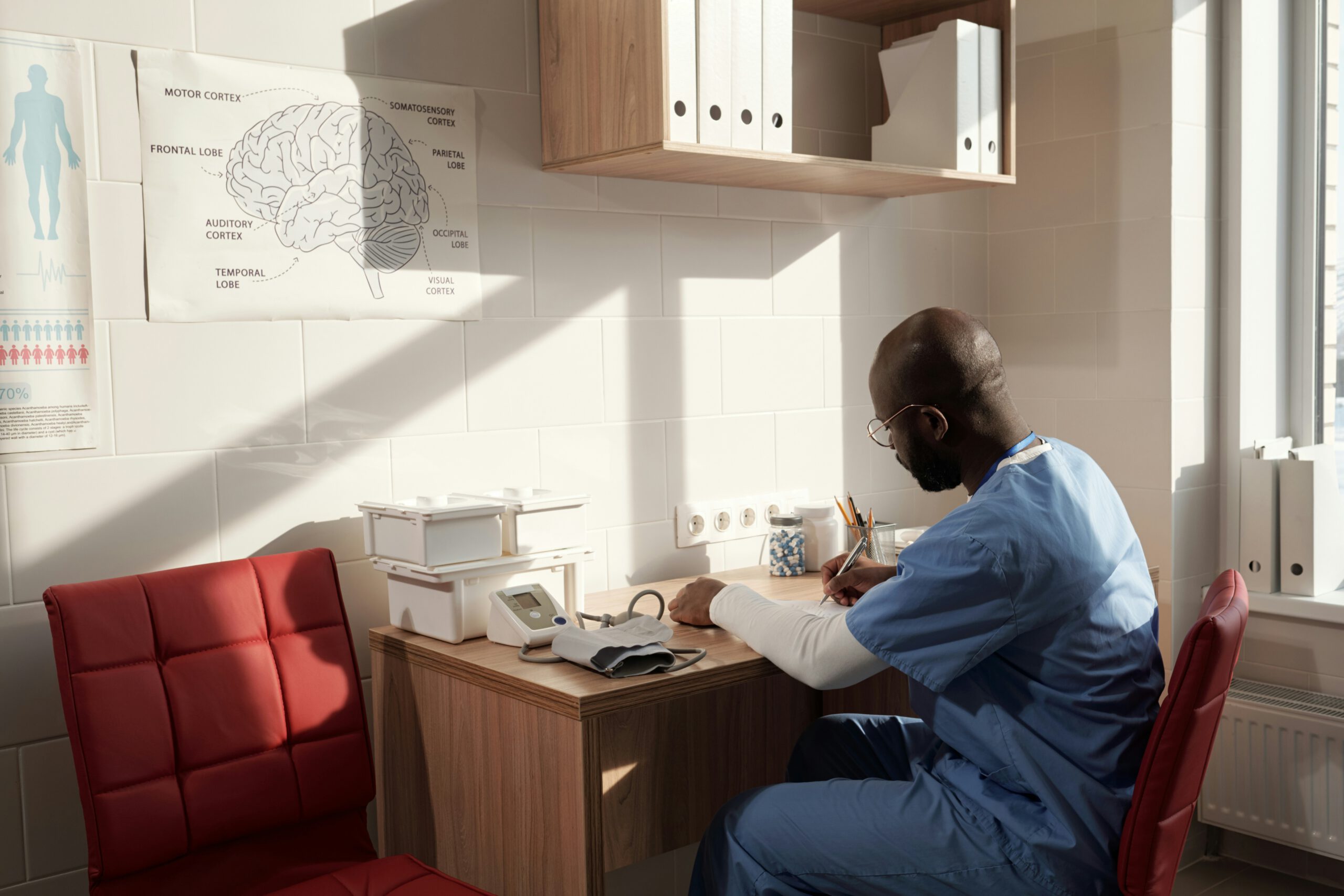If you’ve been exploring treatment options for depression, anxiety, or other mental health conditions, you may have come across two terms: TMS and ECT. While both are brain-based treatments, comparing them directly can lead to confusion—and sometimes fear. Let’s clear it up.
At SEBERS Medical, we believe in offering innovative solutions grounded in science, safety, and comfort. Here are 3 key reasons why the TMS vs ECT comparison isn’t apples to apples—and why Transcranial Magnetic Stimulation (TMS) stands in a category of its own.
1. TMS vs ECT: No Anesthesia, No Downtime
One of the most important distinctions in the TMS vs ECT conversation is how the procedures are performed. Electroconvulsive therapy (ECT) requires general anesthesia because the treatment intentionally induces a seizure. This process means patients must fast beforehand, be monitored post-procedure, and often need a ride home.
TMS, on the other hand, is non-invasive and does not require any anesthesia. You remain fully awake and alert during the session, which typically lasts about 20 minutes. Most patients describe the sensation as a gentle tapping on the scalp.
After your TMS session, you can immediately return to:
- Work
- School
- Driving
- Exercising
- Daily errands
No grogginess. No recovery room. No need for a chaperone. Just walk in, receive your treatment, and walk out.
2. TMS vs ECT: No Seizures, No Systemic Shock
It’s important to understand that ECT involves controlled seizure induction. While effective for some patients with treatment-resistant depression, this process can lead to temporary confusion, memory issues, and other cognitive side effects.
TMS is entirely different. It uses magnetic pulses to gently stimulate specific regions of the brain, particularly the prefrontal cortex, which is often underactive in individuals with depression. This stimulation promotes new neural activity without causing a seizure.
Key differences in side effects:
| Side Effect | ECT | TMS |
|---|---|---|
| Memory Loss | Common | Rare |
| Anesthesia Risks | Yes | No |
| Confusion/Disorientation | Often | Rare |
| Headache or Scalp Discomfort | Occasionally | Occasionally |
In the TMS vs ECT conversation, this is where TMS often wins people over—it delivers targeted treatment without the systemic shock.
3. TMS vs ECT: Fewer Side Effects, Greater Accessibility
ECT has long been a last-resort treatment for severe, unresponsive depression. But its intensity, required hospital visits, and potential cognitive effects make it less accessible or appealing for many patients.
TMS, however, is increasingly becoming a first-line treatment for individuals who haven’t found relief through medication or talk therapy. It’s FDA-cleared, backed by growing clinical evidence, and covered by most insurance providers.
Patients typically undergo TMS five days a week for 4–6 weeks. Because there’s no anesthesia involved and side effects are minimal, TMS is far more accessible for working professionals, students, and busy parents.
In summary, here’s why more psychiatrists and patients are turning to TMS:
- Safe and well-tolerated
- Non-sedating
- No seizure activity
- No hospital stay required
- Minimal disruption to your daily life
What Patients Are Saying
“I was hesitant when I heard ‘brain stimulation,’ but the staff walked me through the process, and it couldn’t have been easier. I was in and out and felt like myself again after a few weeks.”
“My medications weren’t helping, and I didn’t want to try ECT. TMS was the best decision I’ve made.”
Final Thoughts: Choosing the Right Path
While TMS and ECT both aim to relieve symptoms of severe mental illness, they are vastly different in method, side effects, and patient experience. For individuals seeking a less invasive, more lifestyle-friendly treatment, TMS is a promising solution.
Still unsure whether TMS is right for you or your clinic? SEBERS Medical is here to help.
Explore more about Transcranial Magnetic Stimulation and see how SEBERS Medical supports clinicians and providers’ TMS technology.
Visit https://blossomtms.com
Address: 230 S Broad Street, 17th Floor, Philadelphia, PA 19102
Phone: 833.3BUY.TMS (+1.833.3289.867)
Email: Sales@sebersmedical.com





